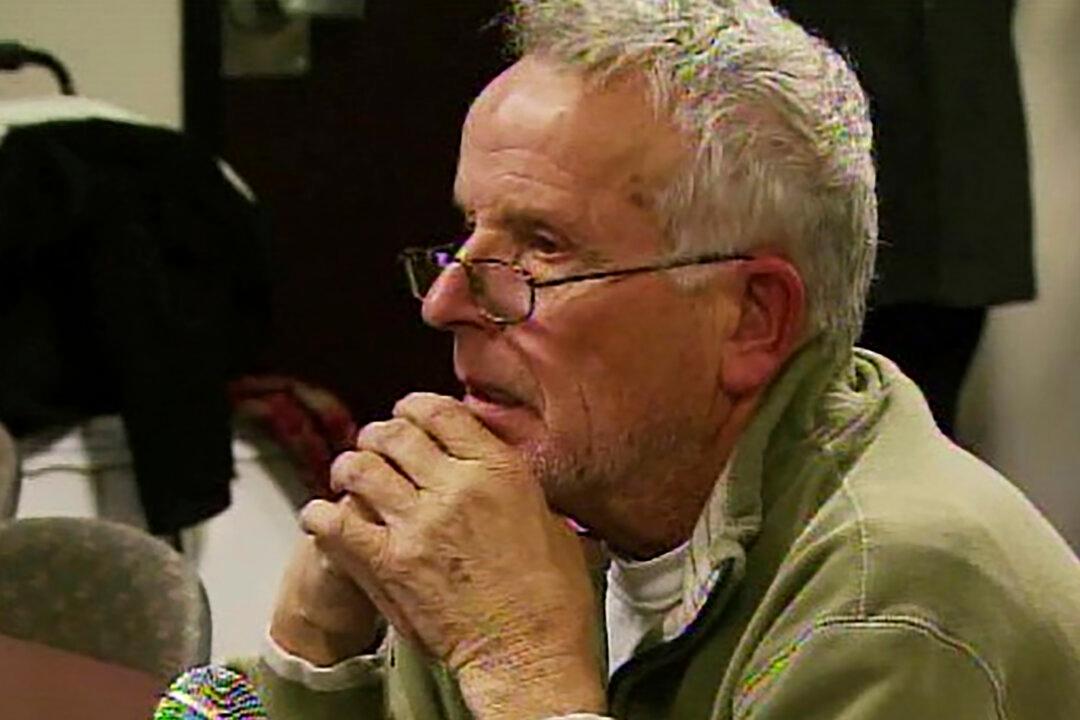More than 2,400 fetuses found last year at the suburban Chicago home of one of the Midwest’s most prolific abortion doctors will be buried on Feb. 12 in Indiana, a state with some of the nation’s most stringent pro-life laws.
Indiana’s top law enforcement official will preside over the mass burial in South Bend. The service comes five months after relatives sorting through Dr. Ulrich Klopfer’s belongings after his Sept. 3 death came across 2,246 sets of preserved fetal remains stacked floor to ceiling in his garage. Later, 165 more were found in a trunk of a car at a business where Klopfer kept several vehicles.





